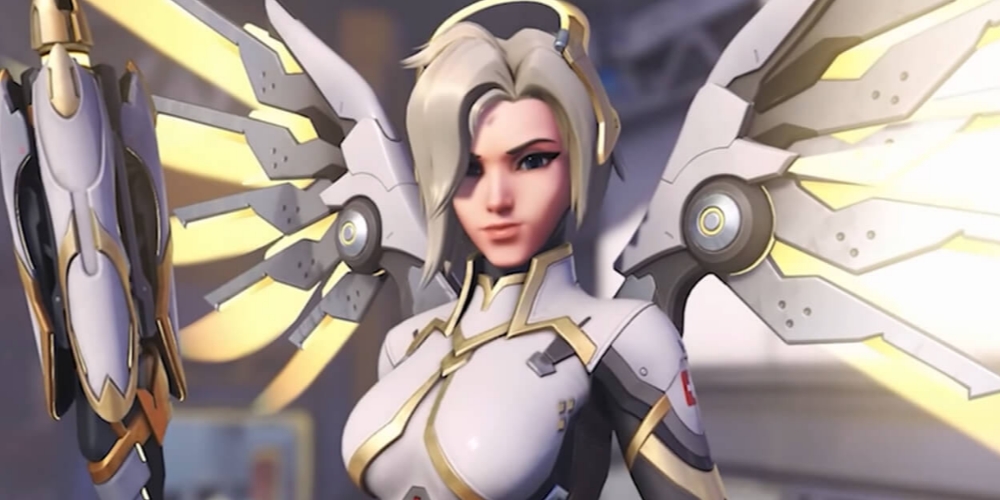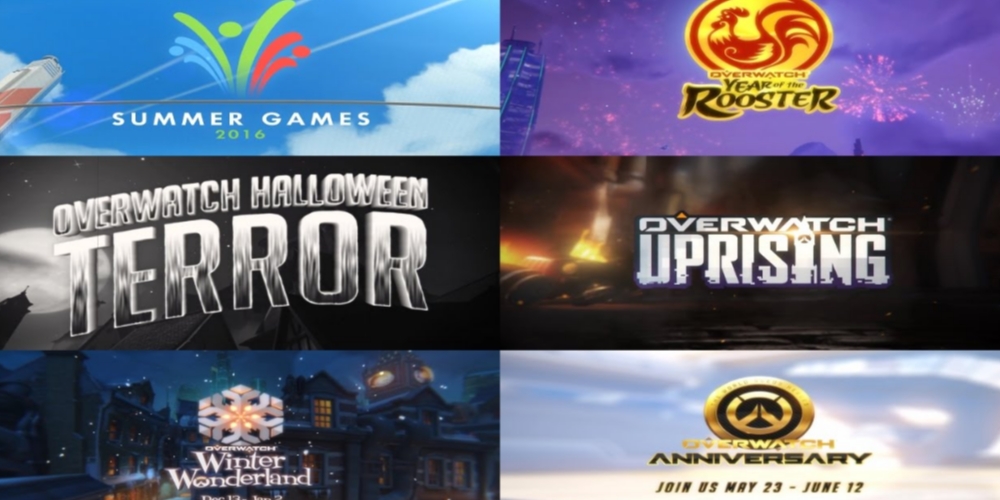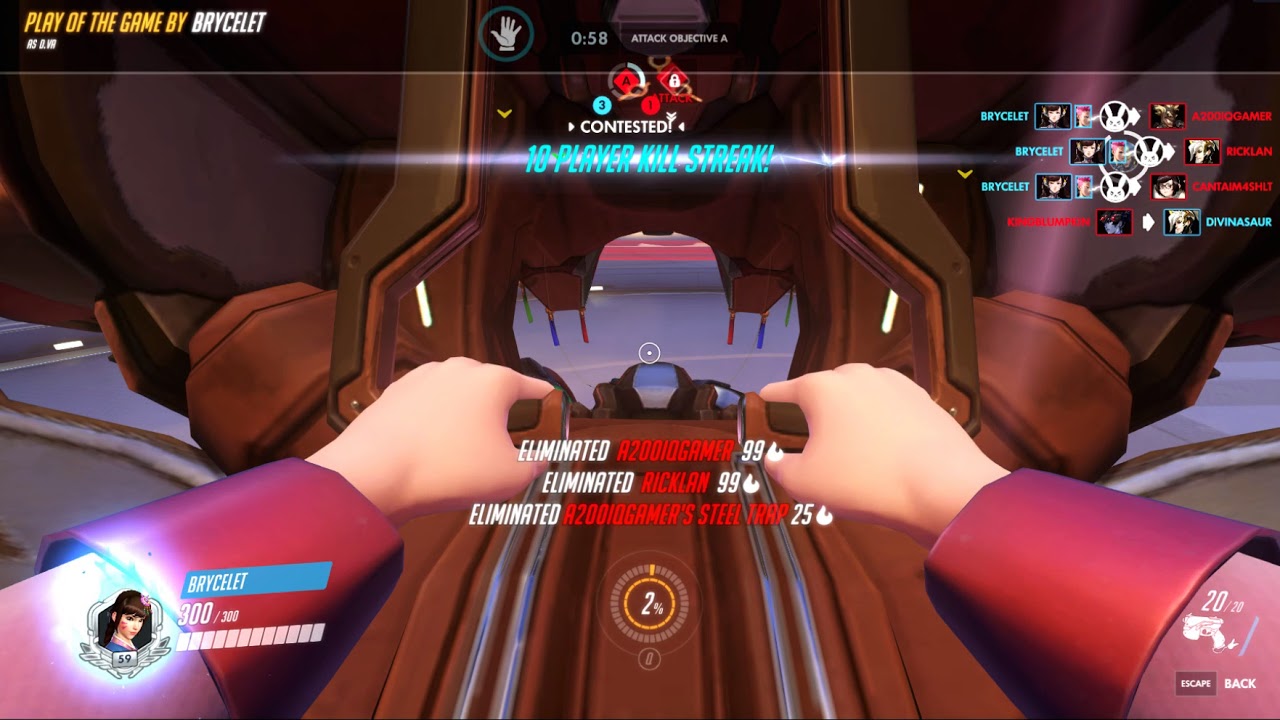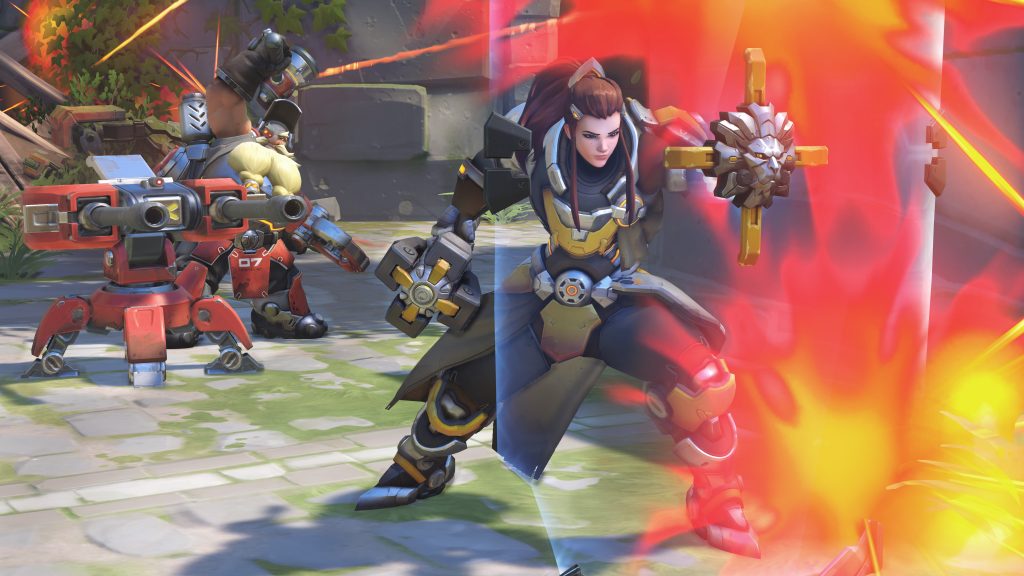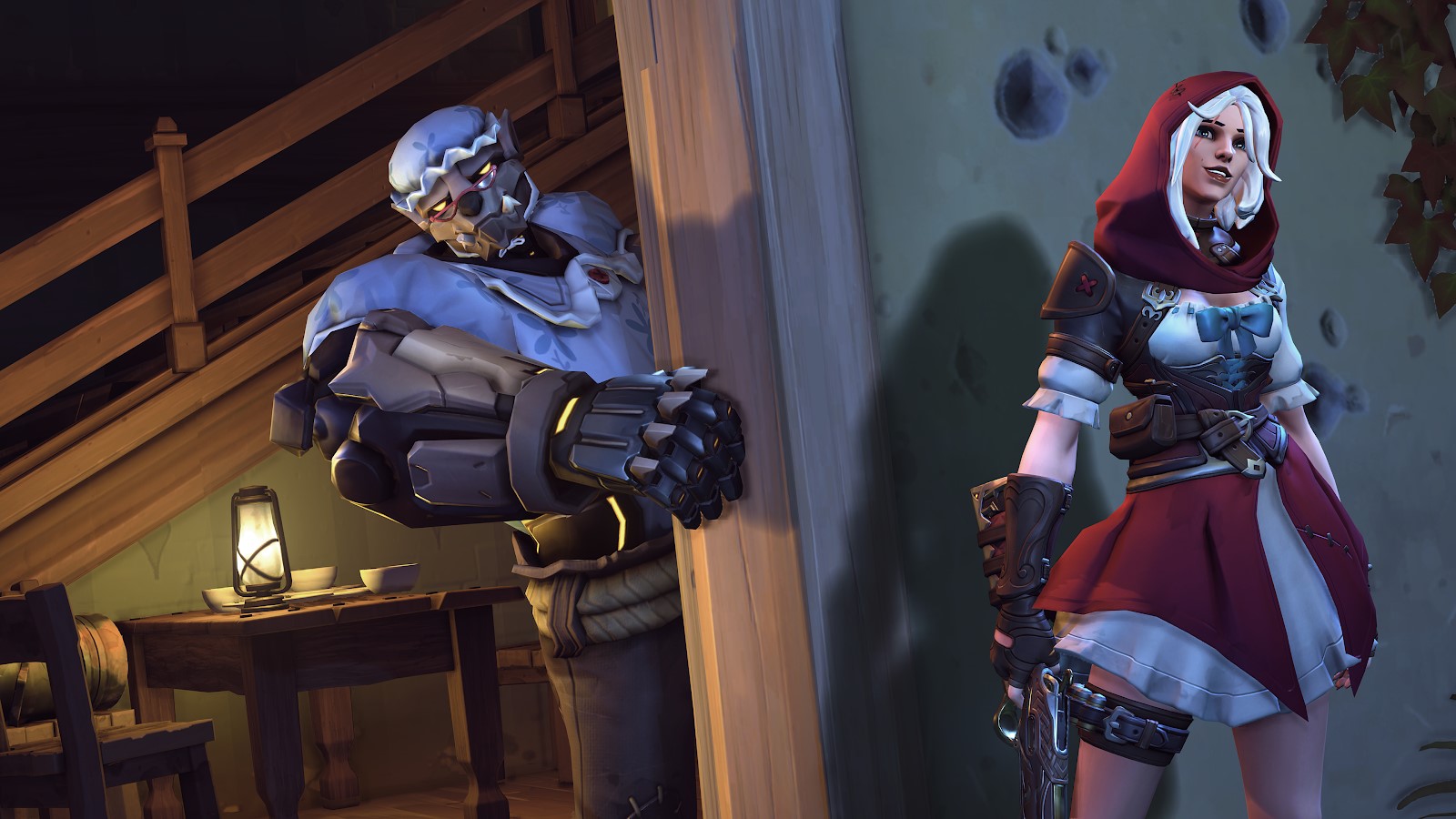
What really causes toxicity in Overwatch?
Overwatch is a game filled with colorful characters, silly emotes and exciting locales. Yet, beneath the cheerful exterior is a major problem that can ruin the experience for players.
Toxicity is an issue that plagues many online video games, but seems especially prevalent in Overwatch.
Whether it’s in the form of hateful messages, players throwing matches or simply spamming hero voice lines, toxicity can rear its ugly head multiple times in one night of playing. If you’d like to find out more, keep reading for the top five reasons why Overwatch is so toxic.
5. Niche Heroes

The salty Torbjorn main unleashing a molten fury
In a game with four main modes, 21 different maps and 31 heroes, some characters aren’t going to make the cut. Overwatch encourages players to play as their favorites, but not every hero will be an ideal choice in every situation.
Despite this, the only way to truly learn the ropes of each hero is through experience. Sadly, this means that players will pick heroes regardless of whether they can be countered easily or underperform in certain situations.
When this occurs, that player makes themselves the target of toxicity because other teammates may see it as detrimental to their win chance, or in other words, a “throw pick.”
4. Emphasis on coordination

Cooperative teammates healing up before launching a strike
Something as minor as a niche hero pick can negatively affect a match because Overwatch is a game that relies heavily on team coordination. Each of the main modes revolve around a six verse six format, so even one uncoordinated teammate can offset the match in favor of the enemy.
In addition, players are not required to use a microphone or text chat during a match, resulting in an environment where coordination may be completely nonexistent. When a loss can be caused by one whiffed ultimate, teammates are going to rage if they think the outcome might have been different with some simple communication.
3. Overwatch League & meta strategies

The professional Overwatch League icon and colors
When Overwatch League was first announced in 2016 there was a fair amount of hype, and for good reason. To see the best of the best play is an enticing thought, but watching the pro strategies live might improve the performance of regular players.
Unfortunately, what occurred was the influx of “meta” strategies, such as the Mercy Moth meta or the Greatest of All Time (GOATS) meta. Because the pros use these combinations constantly to win in league play, players look to these metas for their own success.
Therefore, when teammates don’t follow or don’t know the current meta, they can be viewed as deliberately hurting the team’s victory chances and become the target of extreme toxicity.
2. Anonymity

Face Changer Sombra taunting an enemy team from behind the safety of a mask
One of the most definitive reasons for toxicity, anonymity allows for players to get away with anything. Toxic players can harass others during a match by microphone or text, and even send nasty messages afterwards.
At no point is a player’s real life identity or information revealed, so why worry about getting reprimanded for toxic actions?
To make matters worse, occasionally there will be a full group of players who are all attacking a teammate, and there is little that one player can do besides quit the match or report. Due to the safety provided by anonymity, toxicity will always run rampant in matches.
1. Competitive mode

That one player who insta-locks Genji to show off his golden weapon
Competitive mode comes in at the top spot due to providing tangible rewards not accessible via other modes. By playing competitive mode, players earn a ranked score and currency for acquiring golden weapons.
The more you win, the better your score will be and the faster you can get your favorite hero’s golden weapon. The desire to win these rewards puts a great deal of stress on the team, in comparison to modes such as Quickplay or Arcade which don’t have them.
Everytime a team loses, their individual scores drop, inevitably leading to frustration and heightens the chance of being toxic in a subsequent match.
You may also be interested in:
- Top 10 Overwatch Best Heroes (2020 Edition)
- Overwatch - How to Level Up Fast
- 5 Reasons Why Overwatch Is So Toxic
- Overwatch Guide to Grandmaster (Step by Step Guide)
- Overwatch Best Skins That Look Freakin Awesome!
- Top 5 Reasons Why Overwatch Is So Toxic
- The Best Overwatch Players in the World Today
- Overwatch Best Hitscan DPS
- Overwatch Best Healers
- Overwatch Aim Guide (How To Aim in Overwatch)
- Overwatch Best Tanks



